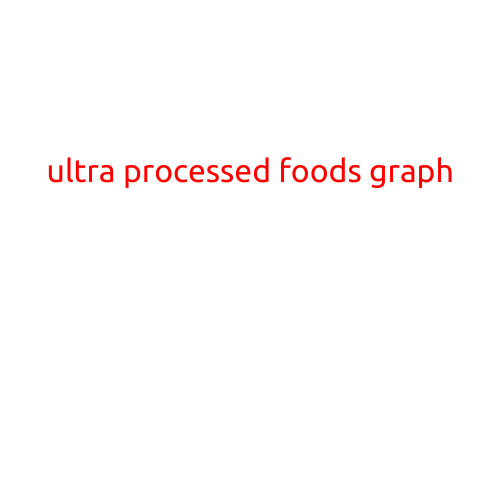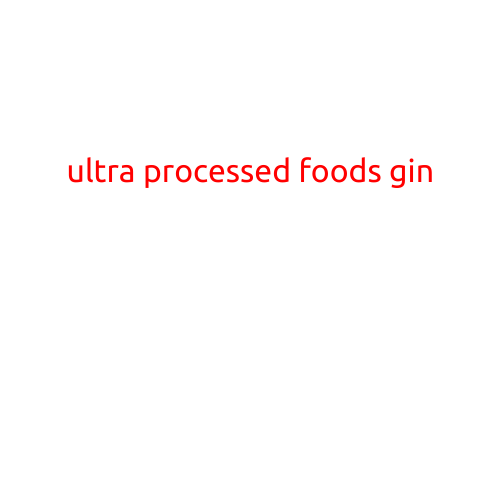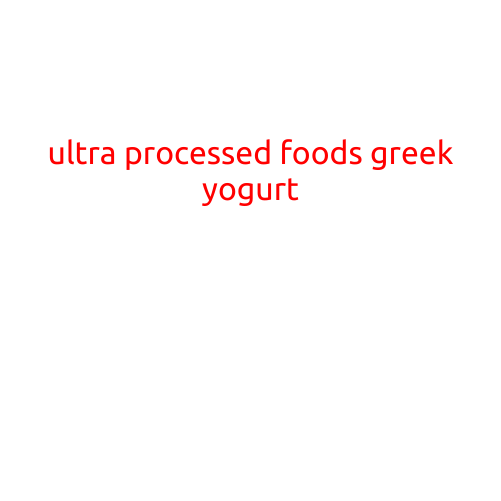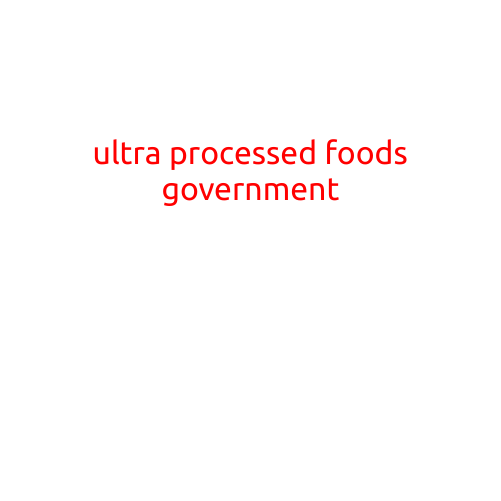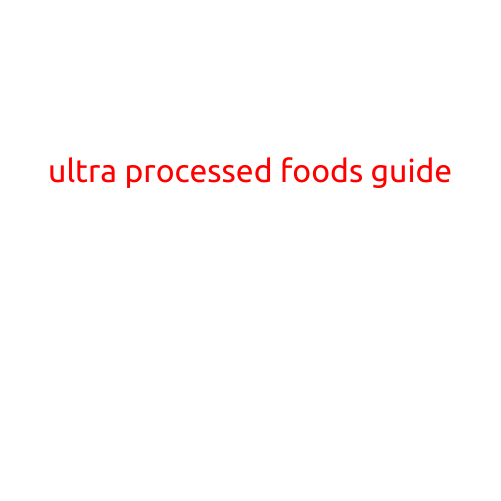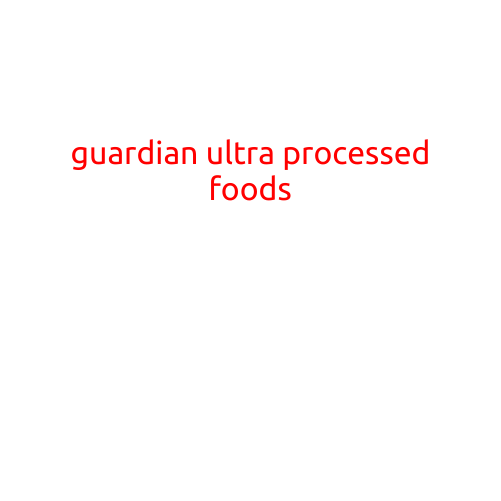
The Guardian: Unlocking the Dark Side of Ultra-Processed Foods
As we go about our daily lives, we’re constantly surrounded by an endless array of food options. From convenient snacks to quick meals, it’s never been easier to access a wide range of culinary delights. However, behind the shiny packaging and enticing advertisements, lies a hidden truth about many of the foods we consume.
Ultra-processed foods (UPFs) have become an integral part of modern diets, with many of us relying on them for convenience, taste, and ease. But is this convenience really worth the cost to our health and wellbeing?
What are Ultra-Processed Foods?
Ultra-processed foods are defined as products that contain a combination of ingredients that are not found in whole foods, such as isolate or concentrate, and are often formulated with additives, preservatives, and flavor enhancers. These foods can be found in a variety of forms, including snack foods, baked goods, sugary drinks, and even packaged meats and cheeses.
The Risks Associated with Ultra-Processed Foods
Consuming UPFs regularly has been linked to a range of negative health effects, including:
- Weight Gain and Obesity: UPFs are often high in calories, sugar, and unhealthy fats, making it easy to overconsume and contributing to weight gain and obesity.
- Metabolic Disorders: A diet heavy in UPFs has been linked to an increased risk of developing metabolic disorders, such as insulin resistance and type 2 diabetes.
- Cardiovascular Disease: Regular consumption of UPFs has been shown to increase the risk of cardiovascular disease, including heart attacks, strokes, and cardiovascular deaths.
- Cancer Risk: Some studies have found a link between consumption of UPFs and an increased risk of certain types of cancer, including breast, colon, and brain cancer.
- Nutrient Deficiencies: UPFs are often low in essential nutrients, leading to deficiencies and deficiencies over time.
The Hidden Ingredients in UPFs
Many UPFs contain a range of hidden ingredients that can be detrimental to our health. These include:
- Artificial Sweeteners: Many UPFs contain artificial sweeteners, which have been linked to an increased risk of type 2 diabetes and metabolic disorders.
- Preservatives: Preservatives such as sodium nitrate and sodium nitrite are used to extend the shelf life of UPFs, but have been linked to an increased risk of cancer and other health problems.
- Food Colorings: Food colorings, such as Red 40 and Yellow 5, have been linked to hyperactivity and other behavioral problems in children.
- Emulsifiers and Stabilizers: Emulsifiers and stabilizers, such as polyglycerol esters of fatty acids, are used to improve the texture and shelf life of UPFs, but have been linked to an increased risk of chronic diseases.
Breaking Free from the Packaged Food Cycle
So, what can we do to break free from the cycle of relying on UPFs? Here are a few simple tips:
- Cook from Scratch: Cooking meals from scratch using whole, unprocessed ingredients is a great way to ensure you’re getting the nutrients you need.
- Read Labels: Always read food labels and be aware of the ingredients you’re consuming. Aim to choose foods with fewer than five ingredients and no artificial additives.
- Experiment with New Recipes: Try new recipes and experiment with different ingredients to keep your diet interesting and varied.
- Plan Your Meals: Plan your meals in advance to ensure you’re always prepared with healthy, whole foods.
Conclusion
Ultra-processed foods may seem convenient and appealing, but the risks to our health and wellbeing are very real. By being aware of the ingredients and additives in the foods we consume, and making a conscious effort to choose whole, unprocessed foods, we can take control of our diet and our health. The guardian article highlights the importance of being mindful of the food we eat and encourages readers to take small steps towards a healthier, more balanced diet.
